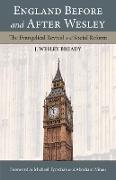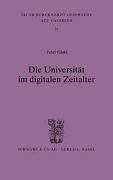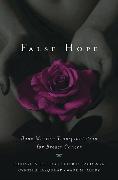England Before and After Wesley
BücherAngebote / Angebote:
John Wesley and Karl Marx, unmistakably, are the two most influential characters of all modern history." So argues J. Wesley Bready in this classic statement on the social significance of the original evangelical movement in Great Britain. In the eighteenth and nineteenth centuries, at least, evangelical religion-as found in the life and teaching of John Wesley-had profound consequences that were anything but an opiate of the people (contra the teachings of Karl Marx). Instead, "vital religion" proved itself to be powerfully transformative, not only in the personal lives of its converts, but also in the deepest fibre of their social and political lives. J. Wesley Bready's careful documentation of the profound social and political influence of John Wesley's preaching and teaching will, for many readers today, prove to be a convincing demonstration of the transformative power of the gospel of Jesus Christ. The power and scope of this evangelical Christian influence was extraordinary: from education to health care, from the needs of the poor and orphans, to prison reform and the founding of democratic institutions, from the promotion of good reading to an end to cruelty to animals (and founding of the RSPCA). All of these, and more, are the hallmarks and outward manifestations of a vital Christian faith. Nothing could illustrate more convincingly that "faith without works is dead" and, contrary to Marx, that the gospel of Jesus Christ more typically serves as a sharp awakening rather than an opiate of the people.Rev. Dr. J. Wesley Bready (1887-1953) was a Canadian-born scholar and author of numerous books, including Wesley and Democracy (1939), Lord Shaftesbury (1900), This Freedom-Whence? (1942), and Faith and Freedom: The Roots of Democracy (1946). He held degrees from Queen's University, University of Toronto, Columbia University, and University of London.
Folgt in ca. 10 Arbeitstagen




